Terracotta tile has long been noted for its ageless chair terracotta stone is a naturally occurring material with a rustic look and warm tones. Terracotta tiles were formerly used as a wall or floor to liven up an area. They were formed of clay that had been cooked in a fire-kiln, giving them burnt brown, orange, and hues. They were utilized to offer a classic and cozy touch to bathrooms and became a significant component in rustic houses throughout time. Terracotta stone, on the other hand, had significant limitations; It was composed of porous material, which made it prone to water seepage and caused it to freeze over in cold weather. Terracotta wall tile appearance bathroom tiles were developed as a superior option in the current day. they are water and stain-resistant. Terracotta is also very durable, making it a great investment and practical option for heavy traffic areas both inside and outside the house. Terracotta tiles may be used on floors (terracotta floor tiles are excellent for use with underfloor heating), walls, and in fireplaces – they’re highly versatile and provide softness and durability to a variety of areas. Terracotta tiles may be made even more durable by sealing them, making them waterproof and resistant to stains and scratches, making them perfect for use in bathrooms. Bert & May offers two kinds of terracotta tiles: handmade terracotta tiles and salvaged terracotta tiles. terracotta tiles are handcrafted in Spain by expert craftsmen who employ ancient methods to hand shape the clay before baking it in extremely large, fired ovens. These tiles, with their natural appeal and delicate color. Terracotta wall tiles are naturally weathered and one-of-a-kind. Each one is somewhat distinct and provides a degree of color and texture variance, sourced from all.

Terracotta wall tiles
Terracotta has been utilized for over 1000 years in Greek temple walls and Renaissance churches across northern Italy where this tile has created. It is still used on floors today, but it has lately been employed for walls and wall decorations. The outside-in method has contributed a lot of warmth and character to buildings while also extending the floor theme to the walls, creating a seamless link. Terracotta wall tiles are also unique in that they can be used both inside and outside; a wonderful method to create a feeling of an interior space that extends into the outdoors and where the borders between the inside and outside are blurred. For this reason, many city people, for example, use repurposed terracotta wall tiles for their porches. Terracotta tiles, which are often seen in outdoor locations, may give a feeling of charm and mystery as a sidewalk or patio within the setting of a garden. The following sections discuss various terracotta wall tiles and brick wall tiles that have been utilized. while others are ideas we saw elsewhere and really appreciate the appearance and feel of. Terracotta tiles instantly change a space by bringing warmth to the architecture. Terracotta tiles are an excellent alternative for repair projects in historic residences, rural cottages, villas, and stately mansions. It is difficult to find a material that is both sensitive to and appropriate for original period architecture, and the use of reclaimed terracotta tiles can really bring back a sense of the spirit of any original period room and what it may have been like at the time of its original creation and use.

Concrete wall tiles
Concrete wall tile is sweeping the design world, bringing bold patterns and rich hues to everything from bathroom floors to backsplashes. These tiles, , have made their way across the globe to grab a large portion of the American market—but they are not suitable for every style and environment Concrete wall tiles designs range from colorful to futuristic geometrics, and patterns often form a bigger interlocking pattern when four tiles are put together. Because tiles can be created in small amounts, several firms offer personalized colors and designs. you may refinish them by sanding away a small layer of the surface and resealing them. Look across Europe for cement tile floors that are at least 100 years old. They may also endure a lifetime in your house if properly cared for. Cement tiles must be treated with numerous coatings of penetrating sealer during installation in order to last. Because cement tile surfaces are porous without sealing, the sealer must be reapplied on a regular basis. Despite how popular Concrete wall tiles have lately become, many contractors lack expertise with the material and are unaware of the distinctions between cement and other kinds of tile. A cement tile floor, for example, must be sealed after it has been set but before it is grouted; otherwise, the grout would seep into the tile and discolor it. Cement tile should also be grouted in tiny sections at a time so that excess grout may be washed away promptly. When investigating installers, make sure they understand how to correctly install cement tiles. In terms of DIY, ignore all you know about ceramic or porcelain tile and thoroughly explore cement tile floor installations. Call the tile’s maker and chat with a professional about dealing with their product.
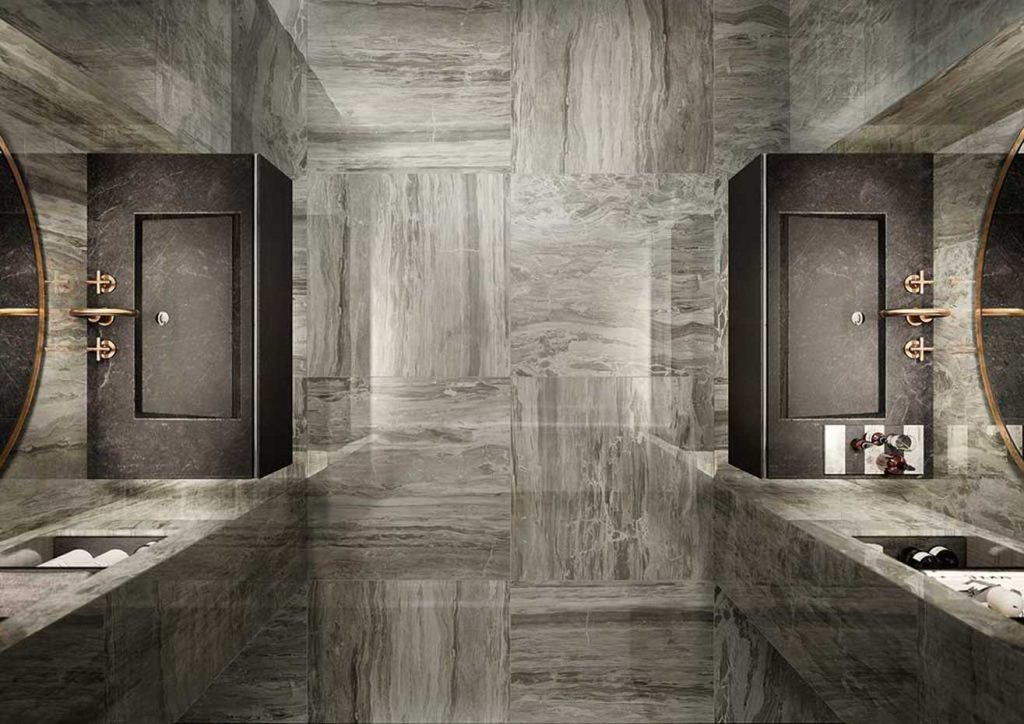
Wall tiles DIY
The Wall tile DIY process is constructing or remodeling, most homeowners prefer to handle part of the work themselves in order to save money for other products or projects. While some home improvement jobs are quite basic and uncomplicated, others, such as tiling and waterproofing damp areas, may be extremely difficult, hazardous, or even unlawful. Wall tile DIY is so important because in some situations While tiling any space may seem to be a straightforward task, tiling alone is insufficient to protect the structure of your house against water damage in bathroom floors, shower enclosures, and other wet areas such as laundry rooms. As a result, you must waterproof and wet-seal walls, floors, and seams where water is prone to collect. Wet area tiling – waterproofing Waterproofing and wet sealing can only be done by qualified experts in, so if you reside in one of those states, put your DIY equipment away and employ a professional. It is crucial to know that even if you opt to undertake the waterproofing yourself in another state, you must still adhere. – ‘Waterproofing of home wet spaces’ in order to pass a building inspection. We nevertheless urge that homeowners engage qualified specialists to do the project, as this will prevent complications with home insurance or water damage in the future.
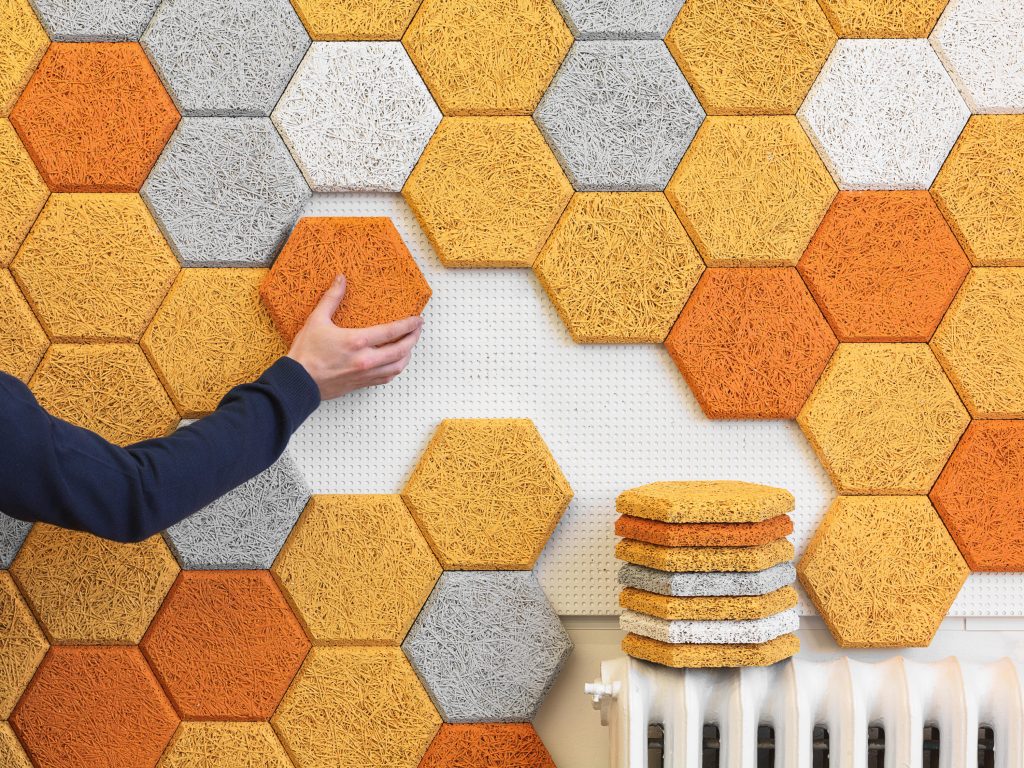
Magnetic wall tiles
You may do away with the grout, mortar glue, and decoupling membrane when using magnetic wall tiles. Long cure periods and multi-day installations are no longer necessary. When you lay a tile down, a repair that formerly required a lot of time and effort is now simple and quick. Installing tiles is easy, fast, clean, and gorgeous. The magnetic system is produced by us in Canada. Although this system was designed with commercial usage in mind, it is equally excellent for household use. In retail settings, when turnaround time for both initial installation and maintenance is crucial, it is the perfect answer. It is best for settings that constantly need to update their aesthetic due to its adaptability. The tiles are designed to survive usage in businesses. Additionally, it has a distinctive design element in that the wood-look porcelain is installed flawlessly, hiding the fact that it is real porcelain and not wood thanks to the grout! also Magnetic tiles have other properties such as Magnetic Tiles are available in a variety of colors and in square and triangular shapes. They are magnetic and pull in all directions. Our transparent magnetic tiles perform really well on the light table. They are also easy to keep on the kids’ shelves in a tray or basket. They promote hands-on learning and are extremely nicely proportioned for young children’s hands. Children may utilize and acquire a wide variety of abilities via the usage of magnetic tiles, including but not limited to: Building two- and three-dimensional forms that enables a youngster to envision three-dimensional objects. Shape identification, Skills in construction and building patterns aptitudes, Stacking and classifying, discovering symmetry, studying spatial and mathematical links, Persistence, finding solutions, Creativity, hand-eye coordination, Concentration, instructs in magnetic principles.
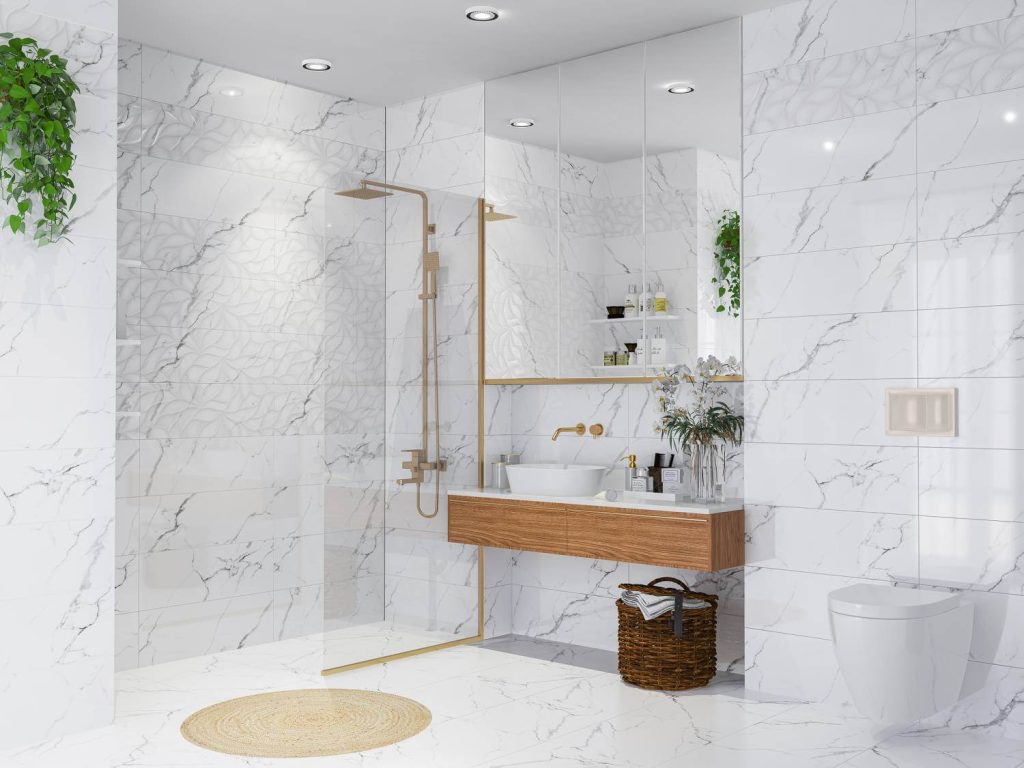
Victorian style wall tiles
Encaustic tiles of the Victorian style are distinguished by their distinctive geometric designs for both wall and floor applications. Although many interested customers also utilize Victorian tiles for new construction and residences in the current style, they are often employed for restorations and historical reproductions. They are excellent additions to provide interest and pattern to more modern houses and complement the historical designs of classic homes equally since they are both stunning and bold and detailed and busy. Monks often adorned their temples in the 12th century with encaustic tiles. Encaustic tiles had a renaissance at the start of the 19th century, popularizing this material for use in not just religious institutions but also private homes and commercial structures. Victorian tiles are a particular kind and style of tile that are associated with the Edwardian and Victorian eras, which span from the early 19th century to the turn of the 20th century. They have been utilized in several halls, conservatories, kitchens, baths, patios, and pathways and are basically British floor tiles. Many of the early Victorian tiles had a black and white pattern, often in the form of a checkerboard. Victorian floor tiles are renowned for their geometric designs, which often include square, rectangle, diamond, and octagon patterns. Mosaic floor tiles, which had a broad variety of deep colors and elaborate designs, including Fleur-de-lis type scrolls, flowers, birds, and literary figures, were another traditional Victorian tile. Many Victorian tiles were created in a Harlequin style, using royal hues like blue, burgundy, and white, in addition to the traditional black and white pattern. Many Victorian tile patterns that have been installed and maintained correctly date back more than 150 years. Despite being somewhat weathered in certain spots, the surface is still intact and robust, and the colors are still brilliant.
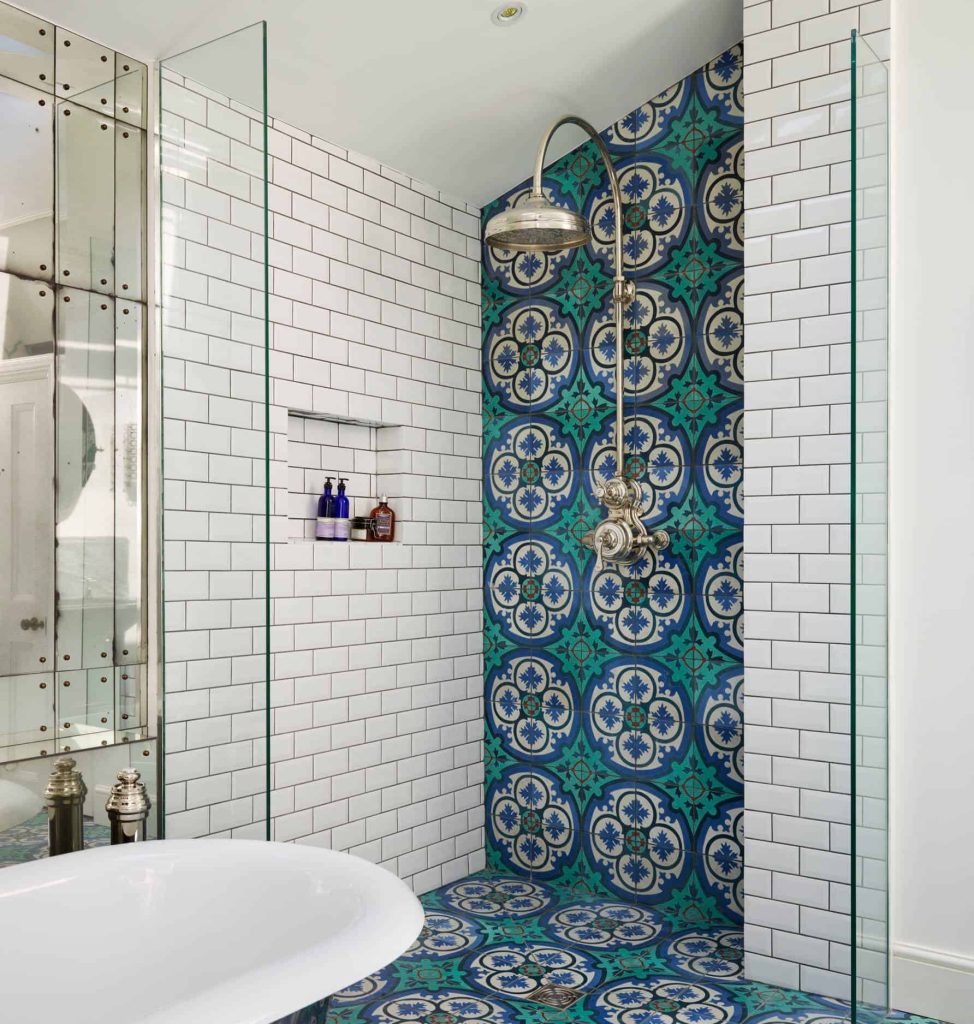
Jointless wall tiles
What does “jointedless” truly mean?
Although the term “jointless wall tile” or “jointless arranging” may suggest otherwise, it is not true that tiles do not need to have joints between them. Theoretically, it would be able to link them without joints owing to a unique method of cutting the edges, known as rectification, but in actuality, this should not be done. Use of thin, 1.5 to 2-millimeter joints is advised. Therefore, jointless laying may be thought of as a common term that refers to minimum joints rather than their absence. We have to get rectified tiles so that we may install a ceramic floor with a few seams. Their distinctive feature is that the edges are machined straight and evenly, allowing the tiles to fit together properly. What matters is that these tiles have the same dimensions and don’t have any inconsistencies, which may occasionally happen with uncut plates. These characteristics have made rectified tiles particularly popular since they provide a nearly uniform surface when installed on a wall or floor, with very thin seams. are prone to a phenomenon known as thermal expansion, which refers to minimum responses to temperature variations. The thermal expansion coefficients of tile adhesives and the supporting material (such as concrete) vary. As a result, strains might arise when the temperature of the floor changes, which is why expansion joints filled with grout are necessary. These tiny spaces guard against any potential tile cracking or separation from the ground. Because of this, jointless inlaying may be considered a kind of construction. Tiles should be laid with tiny spaces between them to avoid issues if one of them sustains mechanical damage. It would not have been safe to remove a tile if the tiles were really set out without joints. For the purpose of changing a tile without endangering the others.
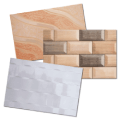
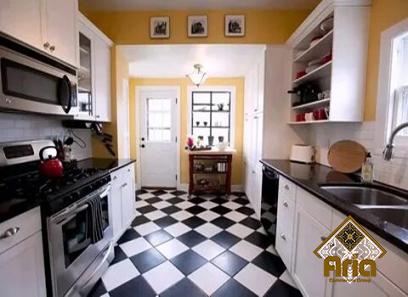
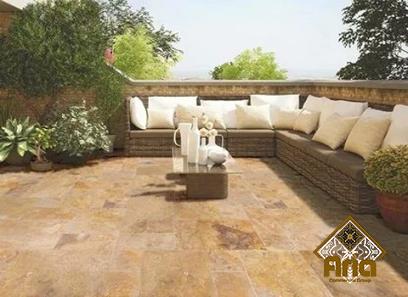
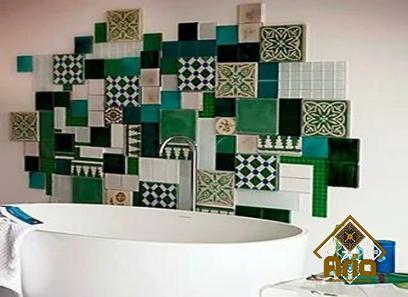
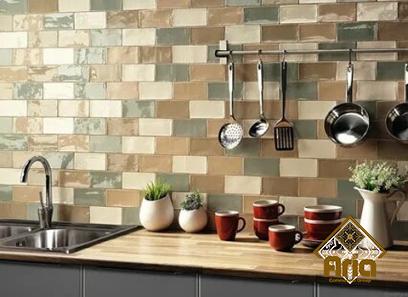
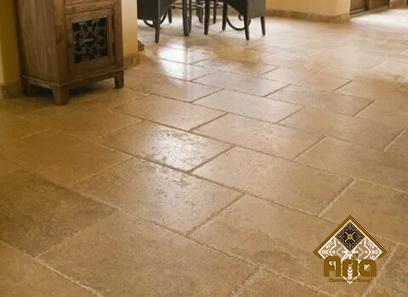
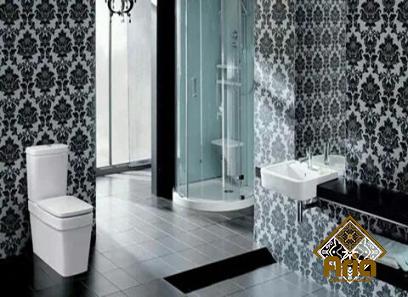
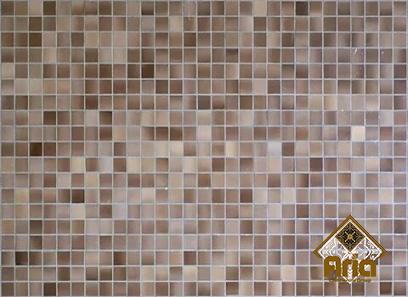
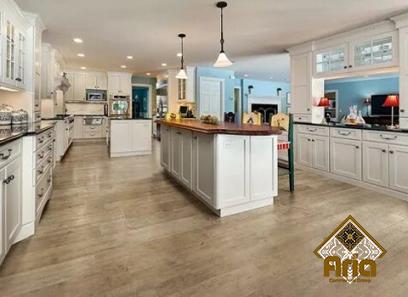
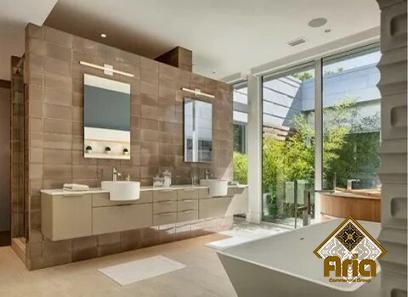
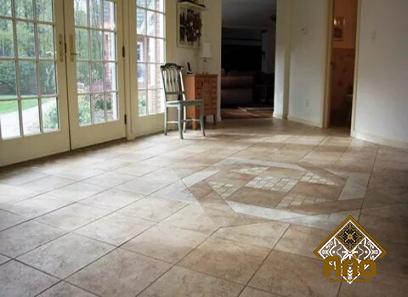
Your comment submitted.